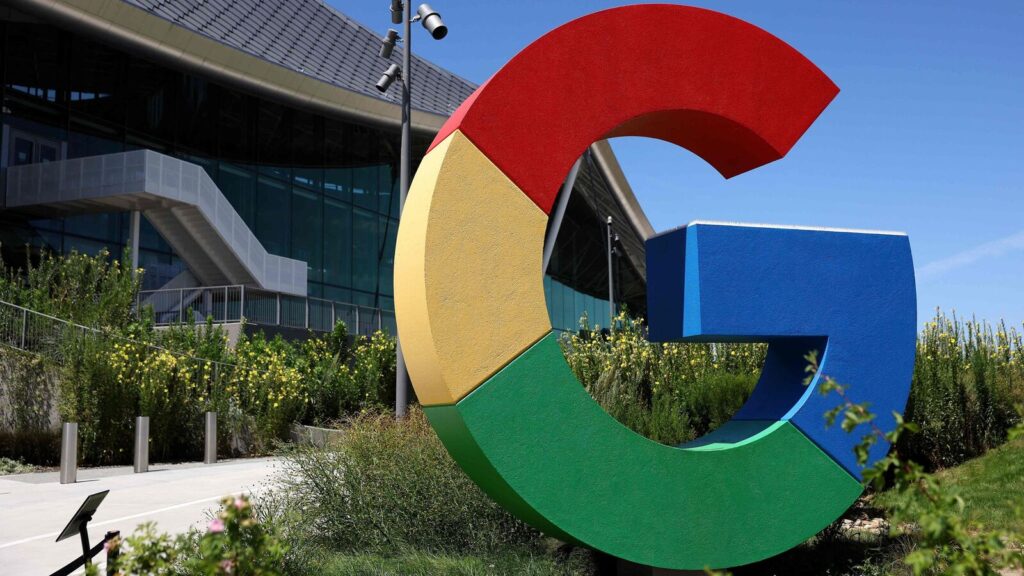Digital advertisers need to think beyond Google

Google’s road to dominance
Starting as a simple search engine, Google has evolved into a behemoth of interlinked products, expanding its empire with tools like AdSense, which transformed millions of websites into ad sellers. One of the most crucial moments in Google’s rise to dominance came with its acquisition of DoubleClick, a platform that served and tracked ads, giving it control over a vast majority of global ad transactions. It also created a digital ad exchange on top of DoubleClick, similar to the National Stock Exchange but for real-time digital ad auctions. Furthermore, with tools like DV360, its platform that buys ads on behalf of advertisers, Google has consolidated power at nearly every stage of the advertising process, and this has raised concerns from regulators like the DoJ.
Also read | Data drought: The absence of reliable metrics is thwarting advertisers and marketers in India
Google’s position within the digital ad ecosystem—acting as the auctioneer, server and mediator for millions of transactions every second—jeopardized the ability of advertisers to act with precision, stifled revenue for publishers and resulted in a digital ecosystem where fairness and transparency is often an afterthought.
Harnessing the power of the open Internet
This isn’t Google’s first run-in with regulators. It has been challenged in legal arenas many times. So, the question remains: Isn’t it time we question why the majority of ad spend still funnels in their direction?
Regardless of the DoJ’s verdict, the ad tech community needs to know there’s a better way forward, and it exists outside of Google’s tightly woven web as it makes decisions in its own best interests. In India, for instance, a shift is already underway. Marketers are increasingly recognizing the potential of the premium open internet, which offers more control, transparency and flexibility.
The Trade Desk’s recent research highlights that India’s leading advertisers are placing increased importance on improving campaign performance, RoI (return on investment) and diversifying media partners. This movement signals a growing desire to reduce reliance on Google and explore other advertising channels.
Also read | The changing landscape of advertising: What small and medium advertisers and media owners are missing
The open Internet offers a compelling alternative to walled gardens, reaching 640 million users in India alone. According to the report India’s Engaged Audience: Why the Open Internet is the New Premium, Indian consumers, especially young adults, are increasingly gravitating toward the open internet which comprise of highly engaging environments such as OTT (over-the-top), CTV (connected TV), music streaming, online gaming and websites. Nearly 80% of users report spending more time on these platforms, with 76% expecting this trend to continue, creating a pivotal opportunity for marketers to reach attentive audiences at scale.
Users on the open Internet also show significantly higher engagement, ad trust and recall, compared to traditional walled gardens like social media. In fact, young adults are 16% more likely to trust ads on OTT/CTV platforms, compared to those on social media. 55% of them perceive brands advertising on OTT/CTV as more premium than those advertising on user-generated video platforms.
For marketers, the open Internet holds numerous advantages. It provides transparency and granular insights into omnichannel campaign performance, allowing advertisers to understand consumer behavior across different channels. This holistic view offers more comprehensive insights into advertising costs, reach and effectiveness—something walled gardens simply cannot match. It is this need for transparency and insights that’s driving brands to explore beyond walled gardens.
Also read | ‘The future of beauty is personalized, sustainable and powered by AI’
As brands strive to understand the true impact of marketing, they are increasingly focused on measurement. Within the confines of walled gardens, marketers receive limited feedback on how their advertising campaigns are performing. In contrast, third-party measurement providers on the open Internet offer an objective and unbiased view of campaign performance, providing metrics that truly matter—from sales and brand awareness to incremental reach.
An ecosystem where everyone wins
The digital advertising industry’s evolution is long overdue. The DoJ verdict shouldn’t be our wake-up call; the alarm bells have been ringing for years. Advertisers and publishers must take proactive steps to reduce their reliance on Google and foster a digital ecosystem that works for everyone—not just the tech giants. By embracing the open Internet, we can build a fairer, more transparent future for digital advertising.
Tejinder Gill is managing director at The Trade Desk.
Disclosure: The Trade Desk’s chief revenue officer, Jed Dederick, provided witness testimony for the US DoJ in the ad tech antitrust trial against Google.








